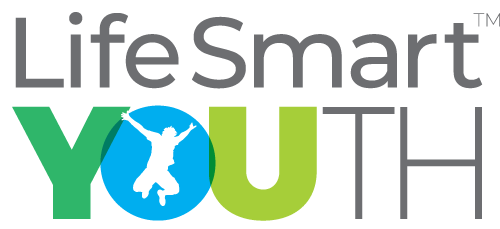
On April 15 while many were scurrying to file their tax returns, a team of SHA Health Educators and I spent the day in Scott County, Ind. In collaboration with the Indiana State Dept. of Health, Scott Co. District 1 and District 2 School Corporations and Scott County Memorial Hospital, SHA provided HIV/AIDS education to 1,700 5th to 12th grade boys and girls ages 11-18.
The serenity of driving through the beautiful rolling hills of southern Indiana seemed to mask the area’s HIV epidemic except for the large billboards cautioning truck drivers to not hire sex workers and the signs directing people to the Free Needle Exchange (for drug users) and HIV Testing Site.
A cautious start
The kids’ faces were another telltale sign that something was wrong. They shuffled into the auditorium quietly looking downward and fearful of hearing the “truth” about HIV. They had already heard horrors on the news and through the local gossip mill. They seemed sad, embarrassed, angry and scared that this potentially deadly disease had invaded their town and infected loved ones, neighbors and friends.
Our professional Health Educators went to work. They defined HIV and explained how the disease can be transmitted, including through tattoo needles, which came as a surprise to the kids. Shelley, Doreen, Patrick and Stephanie explained that they CAN safely give hugs, drink from a water fountain, play outside, use public restrooms, eat at restaurants, and come in contact with sweat or saliva.
Smiles emerge among questions
As the program continued they began to sit up straighter. You could see the relief wash over them. They learned that choosing to make healthy decisions will protect them from HIV.
The kids asked all sorts of questions. Can pets get HIV? Could a grandfather who got hurt in Vietnam have caught it? Do mosquitos transmit HIV? They were excited to have informed adults teaching them and responding to their concerns. They clearly knew what was going on in their community and had given the issue a great deal of thought. They were eager for tools and knowledge to take home and apply to their lives.
Kids and teens left smiling, holding their heads high and giving high fives to school staff. They now know that even though HIV isn’t curable, it is preventable!
Praise and bit of thanks
Teachers praised our staff for offering medically accurate, fact-based information in such a caring and positive manner. They, too, had questions about HIV and were glad to see the school address the issue.
I am personally grateful to have had the opportunity to present our program to these amazing students. Now, they are volunteering, going door-to-door in the community, talking about HIV prevention and sharing their stories in the school newspaper.
These young people will undoubtedly overcome the challenges facing their community.
Tonja L. Eagan, M.P.A., CFRE
CEO, Social Health Association of Indiana

